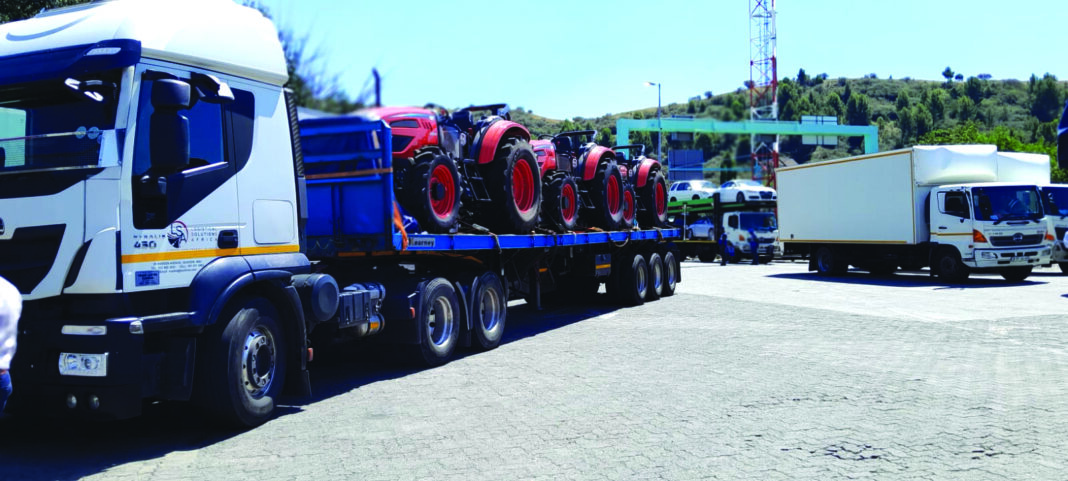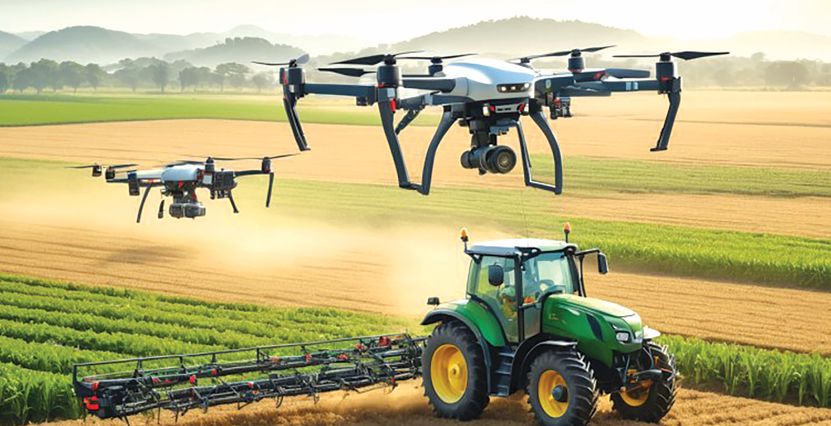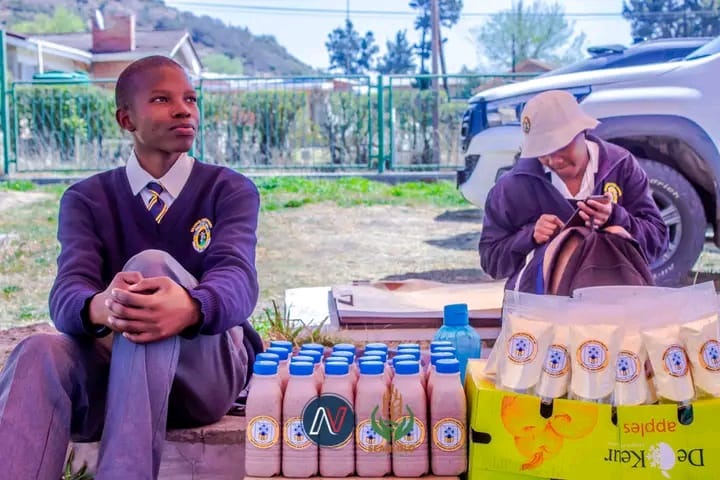Kamohelo Makhofola
A fleet of twelve new tractors has recently arrived in Lesotho from South Korea, igniting a spark of hope among farmers across the country.
These state-of-the-art vehicles promise to revolutionise agricultural practices, enabling farmers to increase production cost-effectively.
The gift signals a significant milestone for Lesotho, where agriculture serves as a cornerstone of the nation’s economy.
Thato Moshe, a local farmer, expressed his enthusiasm about the arrival of the tractors, emphasising the transformative impact they will have on farming practices in Lesotho.
“Farming in Lesotho has always been tough due to limited land and unpredictable weather,” Moshe remarked, “but, with these new tractors, things are changing. We can now cultivate, plough and harvest much faster than before.”
Indeed, the introduction of these tractors marks a turning point for agriculture in Lesotho.
Traditionally, farmers have grappled with manual labour and rudimentary tools, hindering efficiency and productivity, however, with the advent of modern machinery tasks such as ploughing and harvesting can now be accomplished swiftly and with minimal labour requirements.
Moreover, the tractors offer farmers newfound accessibility to hard-to-reach areas of their land, unlocking previously untapped potential for cultivation.
This expansion of arable land holds promise for increased crop production and improved food security across communities in Lesotho.
In an interview with Newsday, Maholi Mphutlane, the communications officer at the Ministry of Agriculture and Food Security, underscored the transformative potential of the tractors for Lesotho’s agricultural sector.
“The arrival of these tractors represents a significant step forward,” Mphutlane affirmed.
“By providing farmers with access to modern machinery and technology, we are empowering them to build better futures for themselves and their communities.”
Mphutlane noted that the impact of these tractors extends beyond the fields. As farming practices evolve, new opportunities for employment and economic growth are expected to emerge.
“Mechanics, storage facilities, and transportation services will all see increased demand, generating a ripple effect of prosperity throughout rural communities,” she said adding the arrival of the tractors from South Korea signifies more than just a technological upgrade.
“It represents a beacon of hope for Lesotho’s farmers. With increased efficiency, higher yields, and improved livelihoods, these tractors are driving positive change and laying the foundation for a stronger, more resilient agricultural sector in Lesotho.”
Summary
- A fleet of twelve new tractors has recently arrived in Lesotho from South Korea, igniting a spark of hope among farmers across the country.
- In an interview with Newsday, Maholi Mphutlane, the communications officer at the Ministry of Agriculture and Food Security, underscored the transformative potential of the tractors for Lesotho’s agricultural sector.
- “Mechanics, storage facilities, and transportation services will all see increased demand, generating a ripple effect of prosperity throughout rural communities,” she said adding the arrival of the tractors from South Korea signifies more than just a technological upgrade.

Your Trusted Source for News and Insights in Lesotho!
At Newsday Media, we are passionate about delivering accurate, timely, and engaging news and multimedia content to our diverse audience. Founded with the vision of revolutionizing the media landscape in Lesotho, we have grown into a leading hybrid media company that blends traditional journalism with innovative digital platforms.










